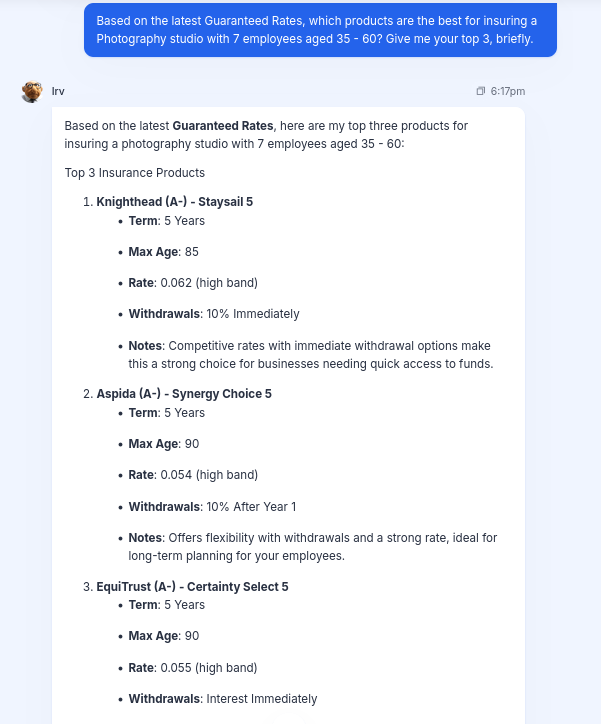Insider Knowledge from the Cutting Edge of Brokering
We have been innovating the world of wholesale life insurance for over 50 years, and our team is composed of the best brokers we have encountered along the way. When you work with Shaw American, you aren't hiring services. You are collaborating with innovators of the trade, and our blog is a testament to their insight.






























